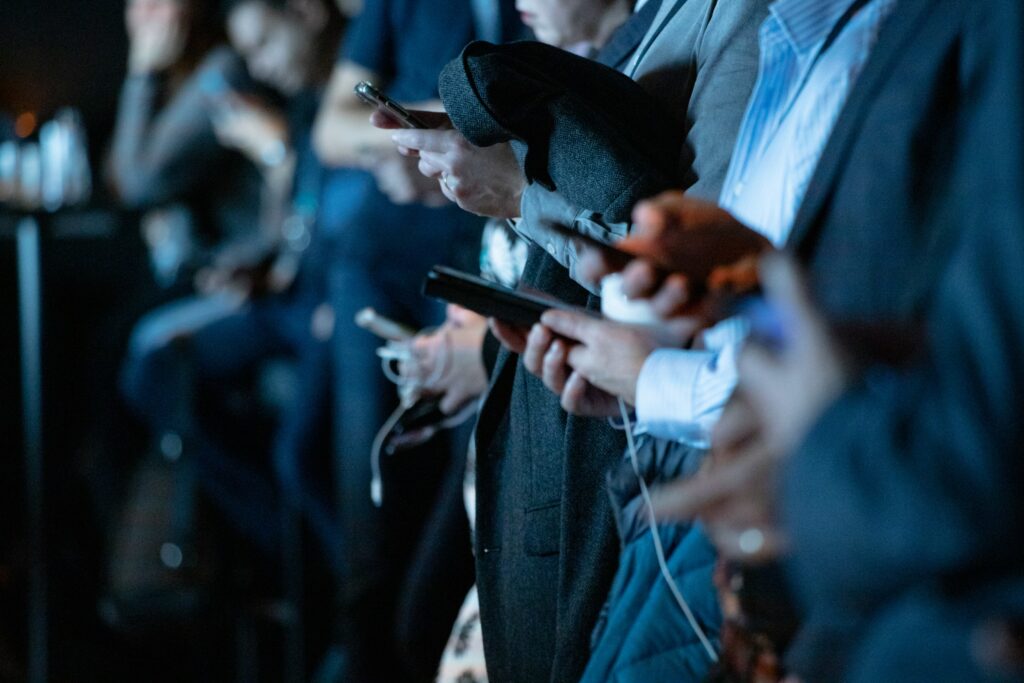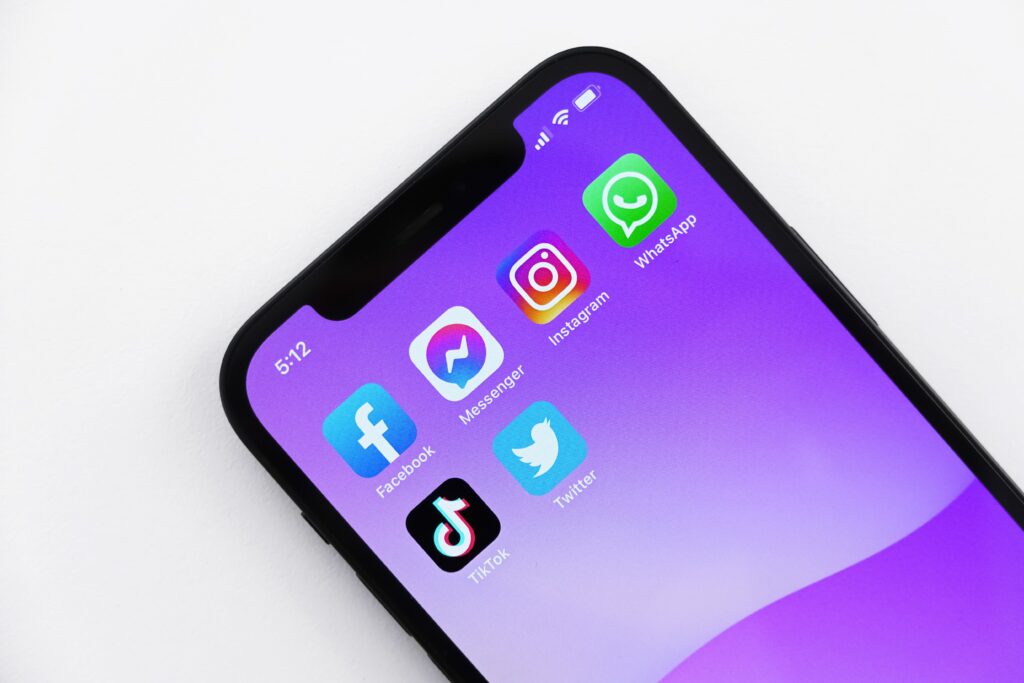
What is a digital identity?
Digital identity can be considered as our online presence or online profile; which is relevant to our online professional brand. From our digital identity, people can directly know who we are, how we are, and what ideas we have (Stoller, E., 2016). In order to showcase our profiles, everything that we post and/or share on the web by using digital tools for our own benefits is our digital identity. In my opinion, digital identity plays a quite meaningful and valuable role in our daily lives. For example, as Stoller mentioned, digital identity can be a kind of pre-interview for our employment (Stoller, E., 2016). Our potential employers may look at our social media profiles, such as Facebook, Twitter, and Instagram, in order to get more insights into what the kind of person we are in our daily lives.

How do personal versus professional approaches to digital identity affect social media use?
In my point of view, personal and professional approaches to digital identity will affect the use of social media due to their different purposes. Many professionals link their work emails to their business profiles and personal email accounts to their personal profiles. In my opinion, professional identity on social media focuses on showcasing our professional presences or portfolios. It’s beneficial and effective to present ourselves as a professional brand and make potential employers to find us easily. As George described, “as a professional networking site, LinkedIn is designed to share resumes, create relationships with industry professionals, and find job opportunities” (George, J., 2016). LinkedIn is a typical digital tool that is used to showcase our professional profiles. However, personal approach to digital identity focuses more about showing our personal lives and our personalities. For example, success on the digital tools, such as Facebook, Instagram, and Twitter, depend on how we present ourselves. Therefore, in my opinion, different approaches to digital identity will affect social media use.
How do digital identities converge in networked publics – what are the impacts and/or benefits?
As an increasing number of social media tools have been used in our today’s digital world, our digital identities can make our lives become more convenient and efficient. Digital identity can not only increase social inclusion, but also can drive economic growth and create values for individuals and government (Davos, 2019). From Davos’s video, it clearly describes that the digital identification system in India has grown successfully over the past ten years. Citizens in India can use their digital identity to open bank accounts and receive financial transactions among other users directly (Davos, 2019). However, the video also mentioned that there are some concerns about user privacy, data losses and data breaches with this kind of digital identification systems. When digital identities are converged in networked publics, one of the things that I think is significant and necessary for people is to know how to manage their online privacy and personal information.
References
Stoller, E., (2016). What is Digital Identity? YouTube. Retrieved from: https://youtu.be/u0RryRbJza0
George, J., (2016). Maintaining Personal vs. Professional Identity on Social Media. Retrieved from: https://www.linkedin.com/pulse/maintaining-personal-vs-professional-identity-social-jaevon
Davos, (2019). The Value of Digital Identity for the Global Economy and Society. World Economic Forum. YouTube. Retrieved from: https://www.youtube.com/watch?v=1-V7lyxrOmw
I think you make interesting points in your post. I agree that there are many benefits to converging the digital identities in networked publics. It makes life much easier to have one set of profiles across all platforms. I also think it is pretty safe, however, if a person is targeted, then it can become a problem. This is why I would still prefer to have the digital identities separated.
Hi Gekai,
Thank you for your reply!